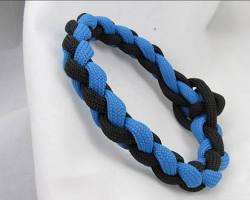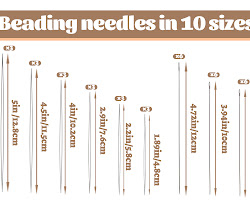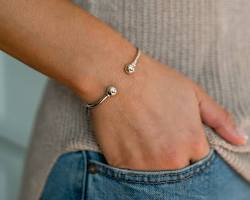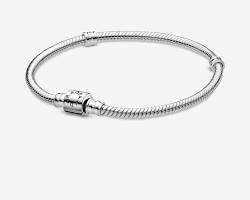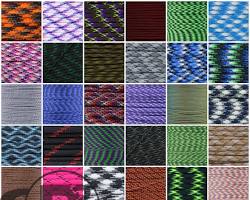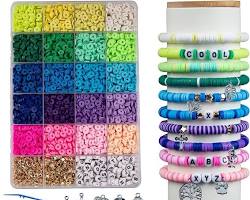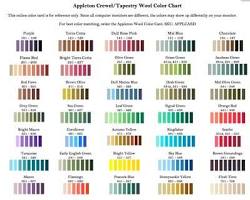paracord bracelets are more than just trendy accessories – they're a fun and achievable way to express your unique style with a touch of practicality. The best part? Crafting your own is surprisingly simple, requiring just a few basic materials and a straightforward braiding technique. So, how to create a paracord bracelet and embark on your braiding adventure? This guide will equip you with everything you need to know!
Materials Needed:
Gather these essentials to bring your vision of a paracord bracelet to life:

Paracord (choose a length and color(s) that suit your design)
Scissors (to cut the cord)
Lighter (optional, to melt cord ends to prevent fraying)
Optional: Clasp (for easier wear), Beads (for embellishment)
Understanding Paracord (Optional)
Paracord comes in various types, like 550 paracord and 750 paracord. These numbers indicate the number of inner strands the cord is made of, affecting its strength. While any type of paracord will work for bracelets, some may be thicker or thinner depending on your preference.
Choosing a Design
The beauty of paracord bracelets lies in their customizable designs. You can find a vast array of free paracord bracelet patterns online, featuring intricate geometric shapes or simple stripes. For beginners, we recommend starting with a classic two-color cobra weave.
Step-by-Step Guide: Cobra Weave
Now that you've chosen your design (or opted for the beginner-friendly cobra weave), let's get braiding!
Preparing the Cord: Measure and cut two desired lengths of paracord. A good starting point for bracelets is around 36 inches per color.
Secure the Starting Point: This step creates a stable base for braiding. Tie a simple overhand knot at one end of the combined cords. Fold the knotted end in half, creating a loop. Finally, secure the loop to a flat surface like a table or clipboard using masking tape.
Dividing the Cords: Separate the looped cords into two equal groups, with one group for each color you're using.
Basic Cobra Weave Technique: Here comes the fun part – the braiding! Take the outer strand from one group and pass it over the middle strand of that same group. This outer strand now becomes the new middle strand for that group. Then, take the outer strand from the other group and do the same thing – pass it over the middle strand of its group and become the new middle strand there. Repeat this weaving process (outer strand over the middle strand, switching between groups) to continue braiding the bracelet. As you braid, gently but consistently pull on both cords to maintain a neat and even weave.
Reaching Desired Length: Continue braiding until your bracelet reaches your desired length, plus an extra inch or so for tying the knot.
Finishing the Ends: Once you've reached the desired length, it's time to secure the ends. Tie a square knot at each end of the braid to prevent the bracelet from unraveling. After tying the knots, use your scissors to trim any excess cord close to the knots. If you want to add an extra touch to prevent fraying, you can carefully use a lighter to melt the cord ends (be cautious and avoid burning the cord itself).
Adding a Clasp (Optional)
While a square knot creates a secure closure, some people prefer the convenience of a clasp. If you'd like to incorporate a clasp into your design, you can use appropriate jewelry-making pliers to attach the clasp ends to the remaining cord tails after tying the knots.
Creating your paracord bracelet allows you to showcase your creativity and end up with a personalized accessory you can be proud of. Now that you know how to create a paracord bracelet, the possibilities for different colors, patterns, and techniques are endless! So, grab your cord, unleash your imagination, and get ready to weave your unique statement piece.
Bonus Tip:
For more complex patterns with multiple colors, consider using masking tape to label the floss colors while braiding. This will help you keep track of which strand belongs to which color during the braiding process. Happy braiding!
This article was written by Stiven in combination with AI. The content described in this article is based on the author's personal opinions and data collection. If there are any errors or deficiencies, please correct me.

